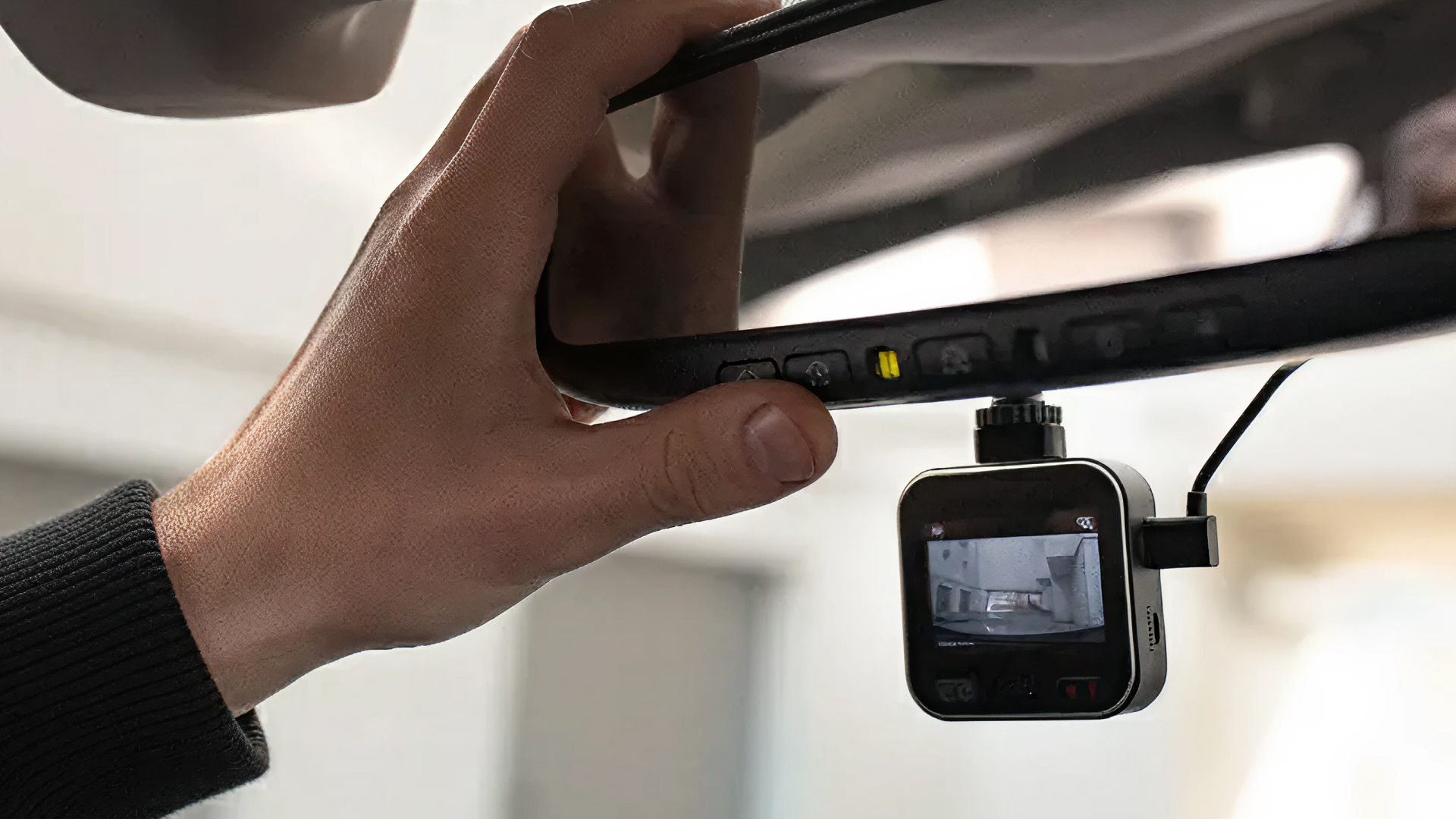The trucking industry is filled with complexities, and understanding the ins and outs of regulatory requirements is essential for anyone involved. One of the most important documents for trucking companies and owner-operators is the Certificate of Insurance, often abbreviated as COI. This article will explore what a COI is, why it’s crucial in the trucking world, how to obtain one, and how much it costs. Additionally, we’ll answer common questions such as “What does COI stand for?” and “How to get a COI?” so you can gain a deeper understanding of its importance.
What’s a COI?
A Certificate of Insurance (COI) is an official document that serves as proof of insurance coverage. It’s a verification that a business, in this case, a trucking company, has active insurance policies in place to protect against various risks associated with transporting goods.
In the trucking world, the COI is often required by shippers, brokers, and other businesses before they will contract services with a trucking company. Essentially, a COI reassures them that the trucking company is financially protected and can cover any liabilities, such as accidents, cargo damage, or injury during transit. The COI doesn’t detail the full policy terms but provides a summary of the key coverage details, including the types of coverage, limits, and policyholder information.
In trucking, several types of insurance are typically covered by the COI, including:
- Liability Insurance: Covers bodily injury or property damage caused by the truck while operating.
- Cargo Insurance: Covers the loss, damage, or theft of goods being transported.
- Workers’ Compensation: Provides coverage for any employees who may be injured while working.
- General Liability Insurance: Covers accidents and injuries that may occur at the business’s premises or during operations.
The COI acts as an easy reference for all stakeholders to confirm that insurance coverage is in place before any work begins.
What Does COI Stand For?
At this point, you may be wondering, “What does COI stand for?” COI stands for Certificate of Insurance. It’s a standard industry term used across various sectors, but it’s particularly important in trucking, where risk management is a key concern.
The COI serves as a proof of insurance for your trucking business, providing stakeholders like brokers, shippers, and customers with confidence that your operations are covered. It’s a way to demonstrate that your company complies with the insurance requirements, which may be necessary for securing contracts, particularly with larger companies or government entities.
Since COI is a shorthand, it’s essential to remember that a COI itself doesn’t provide the full details of your insurance coverage. Instead, it summarizes the key elements of the insurance policy, such as the policyholder’s name, the insurance company, types of coverage, limits of liability, and any exclusions.
How to Get a COI?
Now that you understand what a COI is and what it stands for, you might be asking, “How to get a COI?” The process of obtaining a Certificate of Insurance is relatively straightforward but requires a few key steps.
Step 1: Ensure You Have the Proper Insurance Coverage
Before you can get a COI, you need to have the appropriate insurance coverage for your trucking business. This may include commercial auto insurance, cargo insurance, and other relevant policies. Make sure that the coverage aligns with both your company’s needs and any specific requirements from your clients or contractors.
Step 2: Contact Your Insurance Provider
Once your insurance is in place, the next step is to contact your insurance provider. You can request a COI directly from them, typically through your broker or agent. They will provide the document, which will summarize your coverage and confirm that your policies are active.
Step 3: Request the Specific Details You Need
If you’re working with a specific client or broker, they may have particular requirements for the COI. For instance, they might ask for additional insured parties to be listed or specify coverage limits. Be sure to communicate these requirements to your insurance provider when requesting the COI so it meets your client’s needs.
Step 4: Verify and Submit the COI
Once you receive your COI from the insurer, carefully verify that all the information is correct. Look for the right coverage types, limits, and any additional insured parties. Once verified, you can submit it to the relevant parties as needed to secure contracts or meet compliance requirements.
Step 5: Update the COI Regularly
Remember that the COI is not a one-time document. It needs to be updated regularly to reflect the status of your insurance coverage. If your policy changes, expires, or is renewed, make sure to get an updated COI.
Getting a COI is crucial for maintaining good business relationships and staying compliant with industry standards.
How Much Does a COI Cost?
You might be wondering, “How much does a COI cost?” The cost of obtaining a Certificate of Insurance can vary depending on a number of factors, including the insurance provider, your coverage levels, and any specific requirements for the COI.
In general, getting a COI itself is not very expensive. Insurance providers may charge a nominal fee to issue the certificate, typically between $25 to $50. However, the more important consideration is the cost of the underlying insurance policies that the COI verifies.
The cost of insurance coverage can vary widely depending on several factors:
- Type of Insurance: Different types of coverage, such as liability or cargo insurance, come at different price points.
- Coverage Limits: Higher coverage limits typically come with higher premiums.
- Truck Size and Fleet: The number and size of trucks in your fleet can affect your premiums.
- Business Location: Your geographical location and operating region can influence rates.
- Driving Record: A clean driving record can result in lower insurance costs.
For example, the average cost for trucking insurance can range anywhere from $4,000 to $12,000 annually for an owner-operator. This can increase depending on factors like the size of the company, the types of cargo being hauled, and the risk factors associated with the industry.
In some cases, your insurance provider may include the cost of issuing a COI in your policy or as part of your regular insurance payments. Always inquire about these costs upfront to avoid any surprises.
Ultimately, while the cost of a COI itself is typically low, the cost of securing adequate insurance coverage can be substantial. It’s essential to budget accordingly to ensure that you can get the proper coverage and documentation you need.
A Certificate of Insurance (COI) is an essential document for trucking companies, owner-operators, and businesses in the logistics industry. It serves as proof that your trucking operation is covered by the appropriate insurance policies, providing reassurance to clients, brokers, and other stakeholders. Understanding what a COI is, how to obtain it, and the costs associated with it is key to staying compliant and maintaining strong business relationships.
If you’re unsure about the process of obtaining a COI or if you need help understanding the insurance requirements for your trucking business, don’t hesitate to reach out. Ezlogz is here to help you navigate the complexities of trucking operations and ensure that you’re properly insured and compliant.
At Ezlogz, we provide solutions for fleet management, compliance, and insurance needs. If you have any questions about COIs or need assistance with getting the right insurance coverage for your business, we’re here to assist. Contact us today to learn more about how we can help your trucking business thrive with the proper documentation and coverage.










